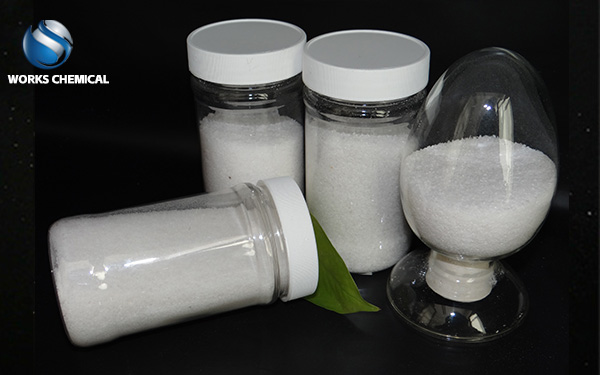
Selecting the right sludge conditioner from the market requires a combination of factors to ensure that the selected product can meet the needs of sludge treatment and achieve the desired dewatering effect. Here are some suggestions for specific choices:

First, clear sludge characteristics
Sludge type: Know whether the sludge is municipal sludge, industrial sludge, or another type of sludge, as different types of sludge may have different needs for sludge conditioners.
Organic matter content: For sludge with high organic matter content, cationic flocculants are usually more effective, and the higher the organic matter content, the higher the polymerization degree of cationic flocculants should be selected. For inorganic sludge, anionic flocculant can be considered.
pH value: The pH value of different sludge is different, and the adaptability of sludge conditioner to sludge pH value needs to be considered when selecting sludge conditioner. For example, the hydrolysis reaction of aluminum salt is greatly affected by pH, and the optimal pH range is 57; Ferric salt conditioner is less affected by pH, and the optimal pH range is 6-11.
Two, consider the conditions of use
Temperature of the mixed treatment solution: When the temperature is lower than 10℃, the flocculation effect will be significantly worse. Therefore, when selecting sludge conditioner, it is necessary to consider its low temperature adaptability.
Equipment compatibility: Ensure that the selected sludge conditioner is compatible with the existing sludge treatment equipment and will not cause corrosion or damage to the equipment.
Simplicity of operation: Select a sludge conditioner that is easy to use and can be added without increasing manpower to improve work efficiency.
Three. Evaluate product performance
Dewatering effect: The dewatering effect of different sludge conditioners was evaluated through comparative experiments, and the products that could significantly reduce the moisture content of sludge were selected.
Dosage of agent: under the premise of ensuring the dehydration effect, select a sludge conditioner with less dosage and low cost.
Sludge increment: try to choose a sludge conditioner that does not increase the amount of sludge to reduce the cost of sludge disposal.
Safety and environmental protection: Choose a sludge conditioner that is safe and environmentally friendly and does not bring load to water and sludge to ensure that the treatment process will not cause secondary pollution to the environment.
Four, consider cost effectiveness
Agent cost: The cost of the agent is calculated according to the amount of sludge treated and the unit price of the selected sludge conditioner.
Other costs: Consider additional costs such as power, manpower, equipment corrosion, transportation, sludge disposal, filter cloth loss, etc.
Cost performance: comprehensive evaluation of pharmaceutical costs and other costs, the selection of cost-effective sludge conditioner.
Five, reference market feedback and recommendation
Market reputation: Understand the reputation and user evaluation of different brands of sludge conditioners on the market, and choose products with good reputation and reliable quality.
Professional recommendation: Consult experts or technicians in the field of sludge treatment to understand their recommended brand and model of sludge conditioner.
In summary, the selection of the appropriate sludge conditioner requires comprehensive consideration of sludge characteristics, conditions of use, product performance, cost effectiveness and market feedback and other factors. A comprehensive assessment of these factors ensures that the selected sludge conditioner can meet the needs of sludge treatment and achieve the desired dewatering effect.